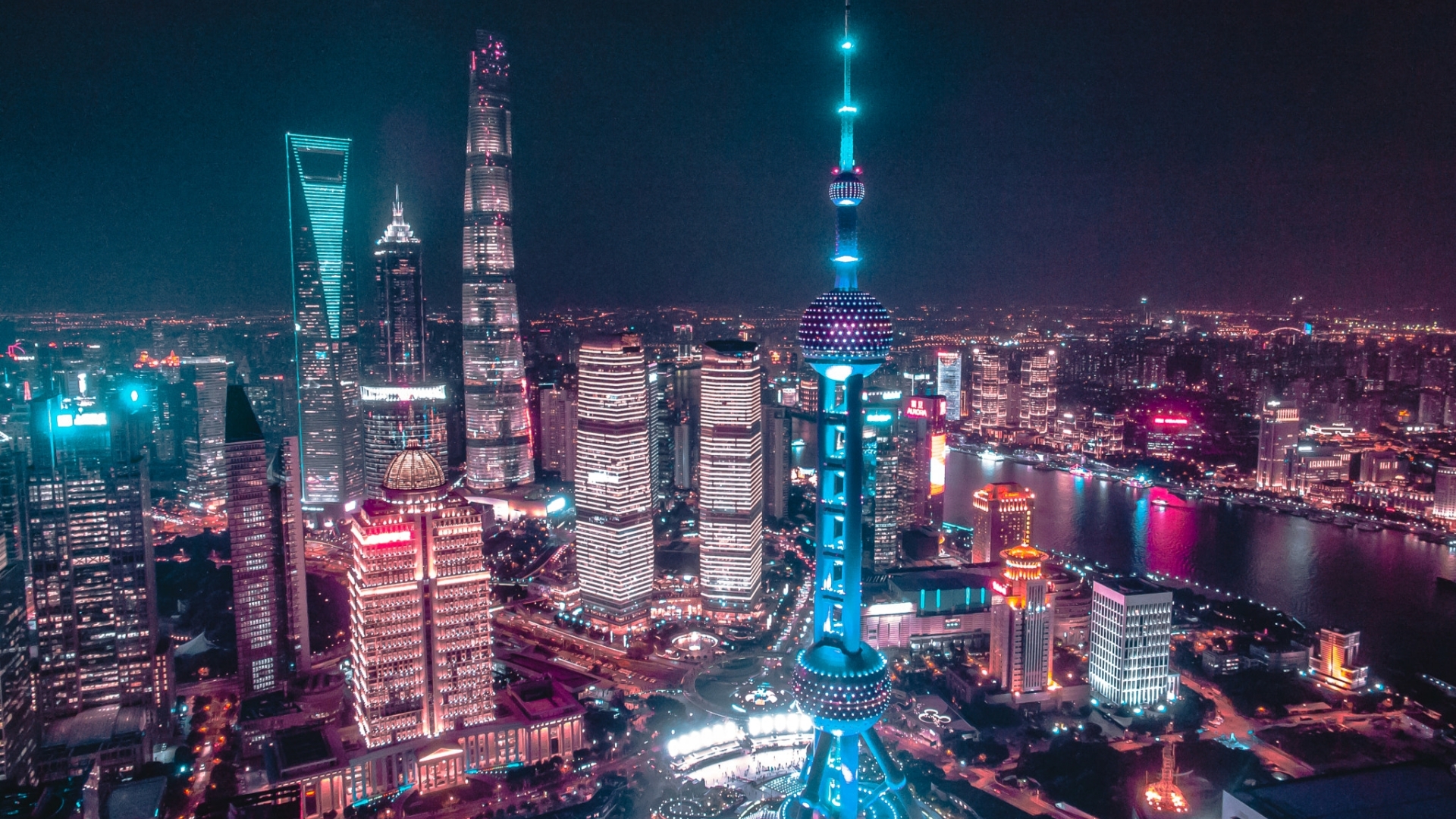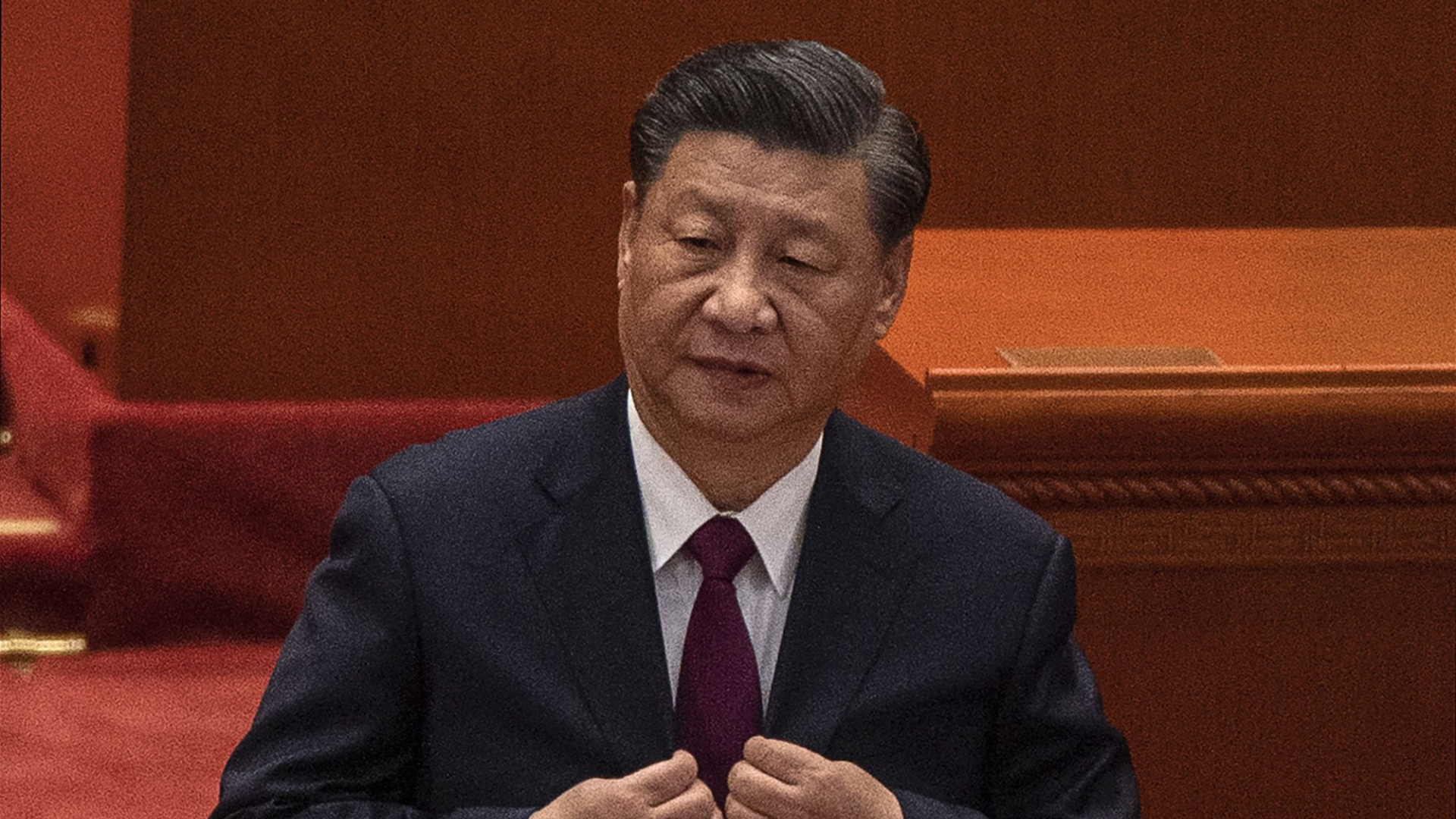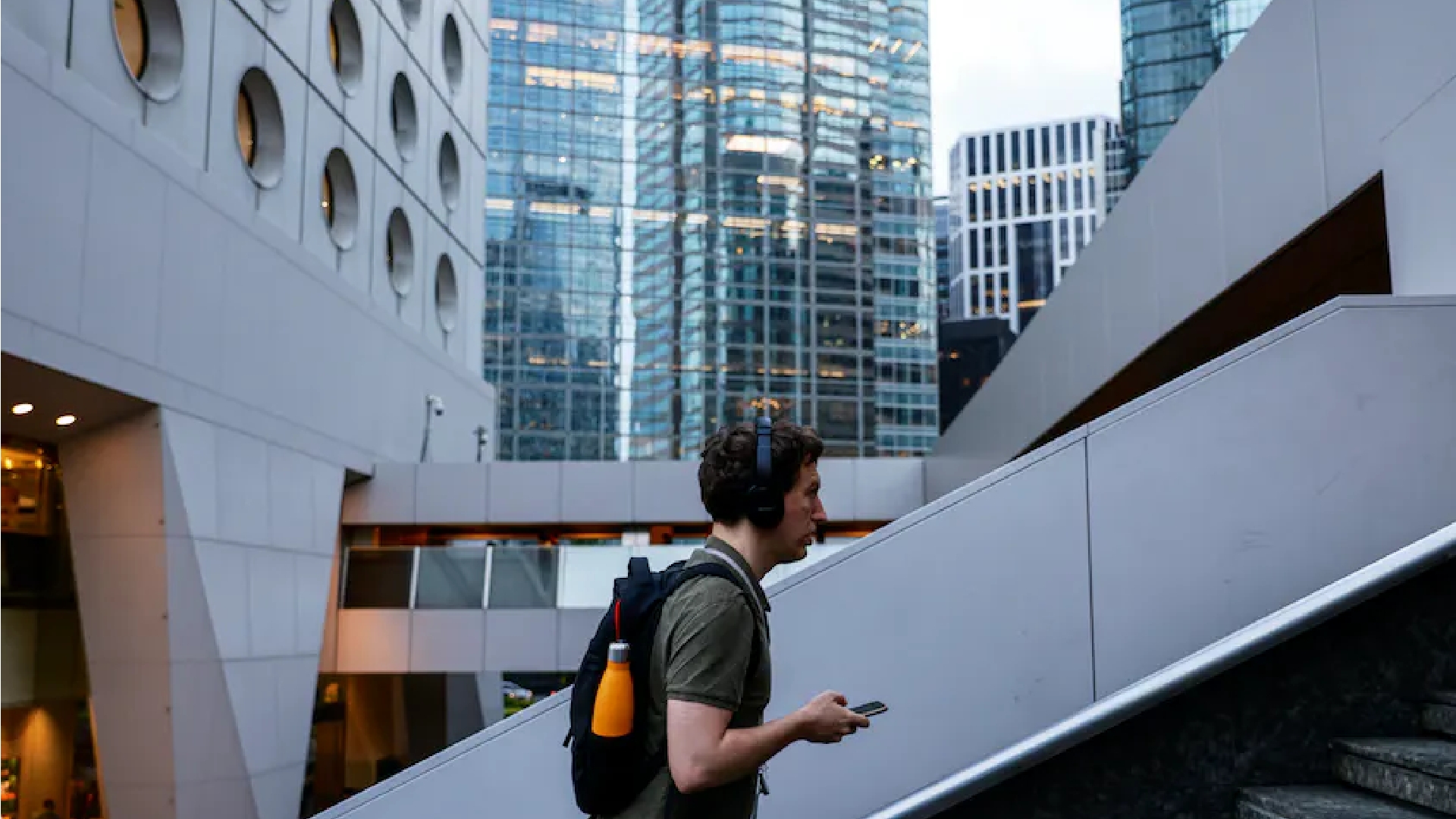As China's economy slows, Hong Kong strives to improve its worldwide image.

At Hong Kong's M+ art museum, hundreds of executives, diplomats, and representatives from foreign business chambers gathered to rekindle interest after anti-government demonstrations, national security regulations, and COVID lockdowns hurt the city's reputation and economy

Hong Kong's traditional role as a bridge connecting the West and mainland China is threatened by Sino-US tensions and China's sluggish economy. Banks, the aviation sector, and the stock exchange are just a few of the local businesses attempting to mend fences between the West and the former British colony.
According to executives, Hong Kong needs diversity in order to regain its standing as a major international Asian city. To promote its liveliness and draw tourists, the city hosts banking conferences and marketing blitz tours.
Hong Kong's attempts to draw top talent are hampered by worries about Beijing's imposition of the security law, which has raised worries about judicial independence and Hong Kong's declining significance as corporations move to Singapore and Dubai.
More than half of Hong Kong's office renters say that declining business demand is the reason why over one-fifth of them plan to cut office space during the next two years. Numerous businesses have left Hong Kong, including National Bank Australia, and there have been numerous banker and corporate lawyer layoffs as a result.

Due to sluggish investor confidence, the capital market is suffering, and Hong Kong's IPO market has lost steam. Overall tourist numbers are 70% of pre-pandemic levels, with mainland Chinese tourism returning more quickly than that from Europe to US.
